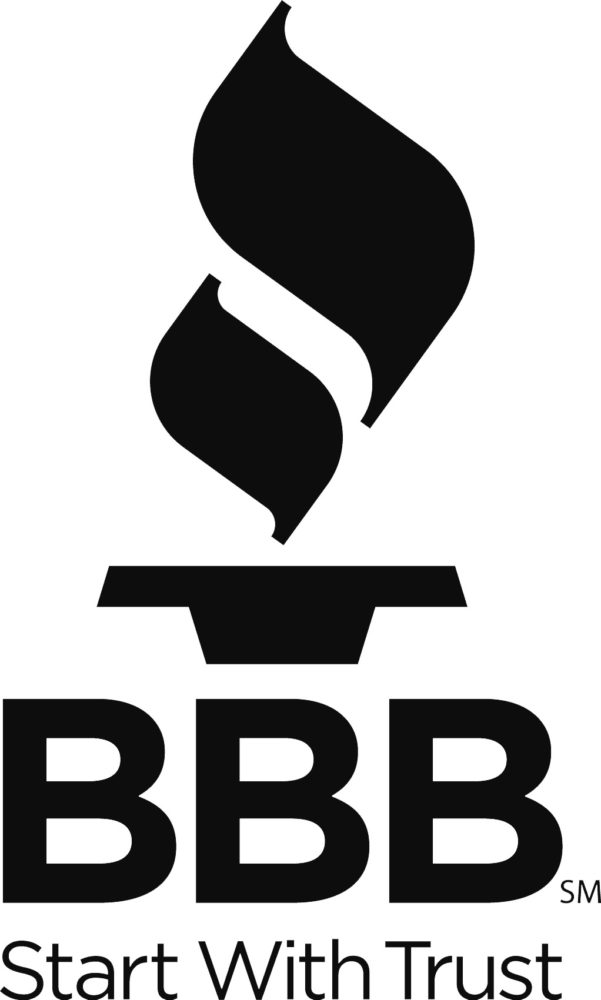
Three Common Medical Scams Targeting Seniors
By Vee Daniel, CEO/President Better Business Bureau of the Upstate
BBBs have been warning seniors for years about scams that target their demographic. A common theme is health and medical scams. Seniors are a prime target for con artists because they’re usually home and available for the phone calls that ensue. Seniors are considered more trusting as well, not wanting to end an unwanted phone call for fear of appearing impolite.
Unfortunately, scams often go unreported because the victim may be too embarrassed to come forward. A scam that robs you of any amount of money can be devastating, and can leave you in a vulnerable position. Seniors of all income levels are targeted. A longer life expectancy means a growing generation of vulnerable elders in their 80s and 90s who live alone, suffer from memory loss or simply become confused or frightened by smooth-talking con-artists.
Here are some common health and medical scams that BBBs receive reports on:
Health Care Fraud Scams – Scammers will call or email misrepresenting they are Medicare or health insurance representatives and state they will be sending a new medical card or announcing a new plan. Sometimes, they’ll falsely state that an initial payment needs to be made for a new card or plan. Scammers are simply attempting to get personal or financial information and scam seniors out of money.
Free Medical Alert Systems – One of the major scams reported to BBBs are “Robocalls” or automated calls that offer “free” medical alert systems. Seniors receive a phone call informing them they have been enrolled free of charge for a personal medical alert service. Scammers claim that either a loved one or your personal physician purchased the service for them. Avoid falling for this scam by not pressing any buttons and simply hang up.
Fraudulent Anti-Aging Products – Be wary of advertisements for “secret formulas,” “breakthroughs,” amazing “supplements” or any products that claim to cure a variety of illnesses. Be careful of products that are marketed as having “no side effects” or claiming to be backed by physicians. Also be aware that testimonials and celebrity endorsements are often misleading. Always, consult your doctor before buying any new medications or supplements.
The BBB wants seniors to be aware that scammers often look for people who have already been scammed before. So, if you’ve been a victim once, chances are you’ll be called upon again by the same scammer or new scammers.
We hope that you never do, but should you become the target of a scam, call the BBB Elder Fraud program hotline at (864) 240-2080 or report the scam using BBB Scamtracker at BBB.org/ScamTracker. You can also email questions or concerns to info@upstatesc.bbb.org. The mission of the BBB Elder Fraud program is to assist seniors in recognizing and resisting fraudulent offers and possible scams.



